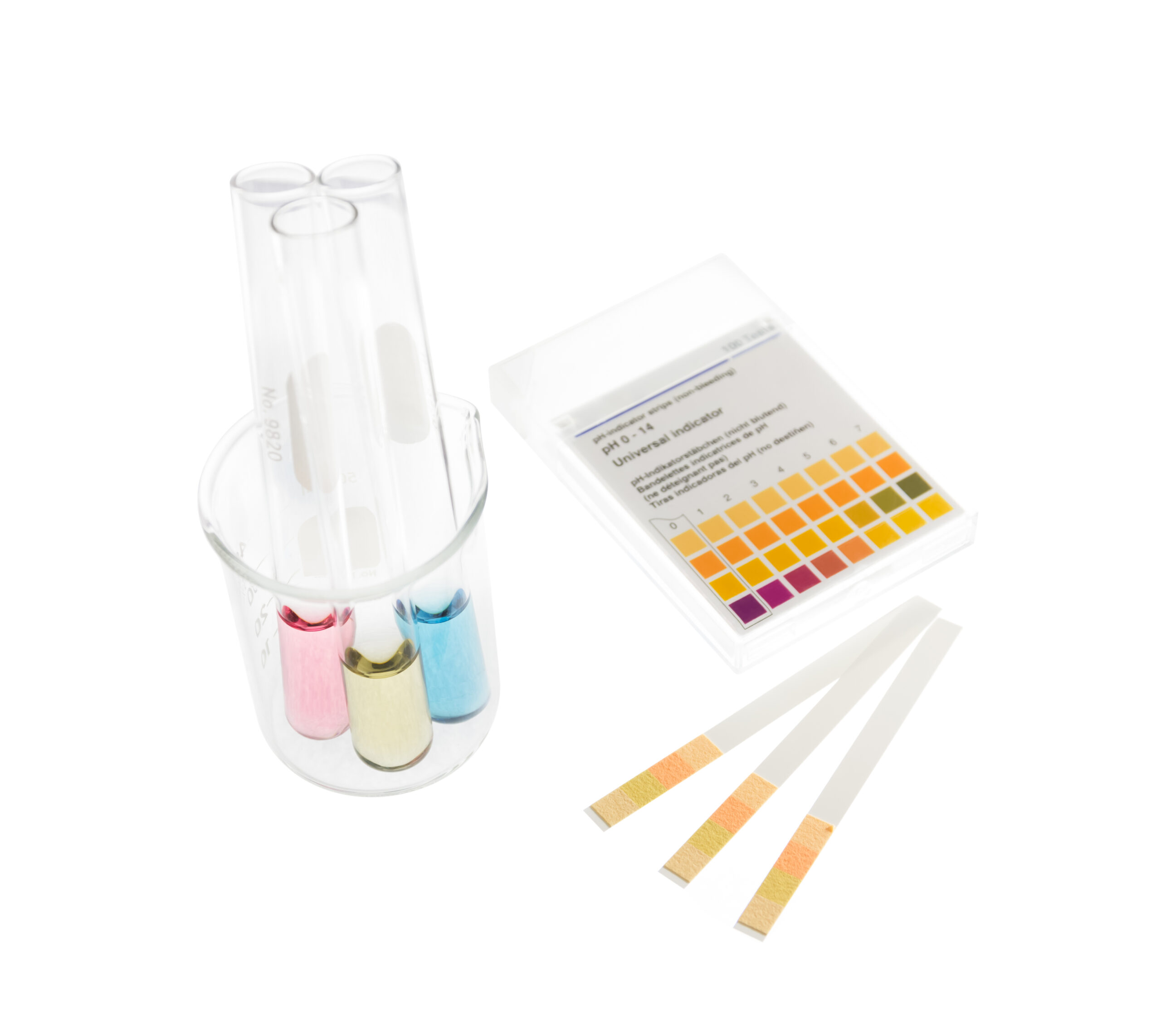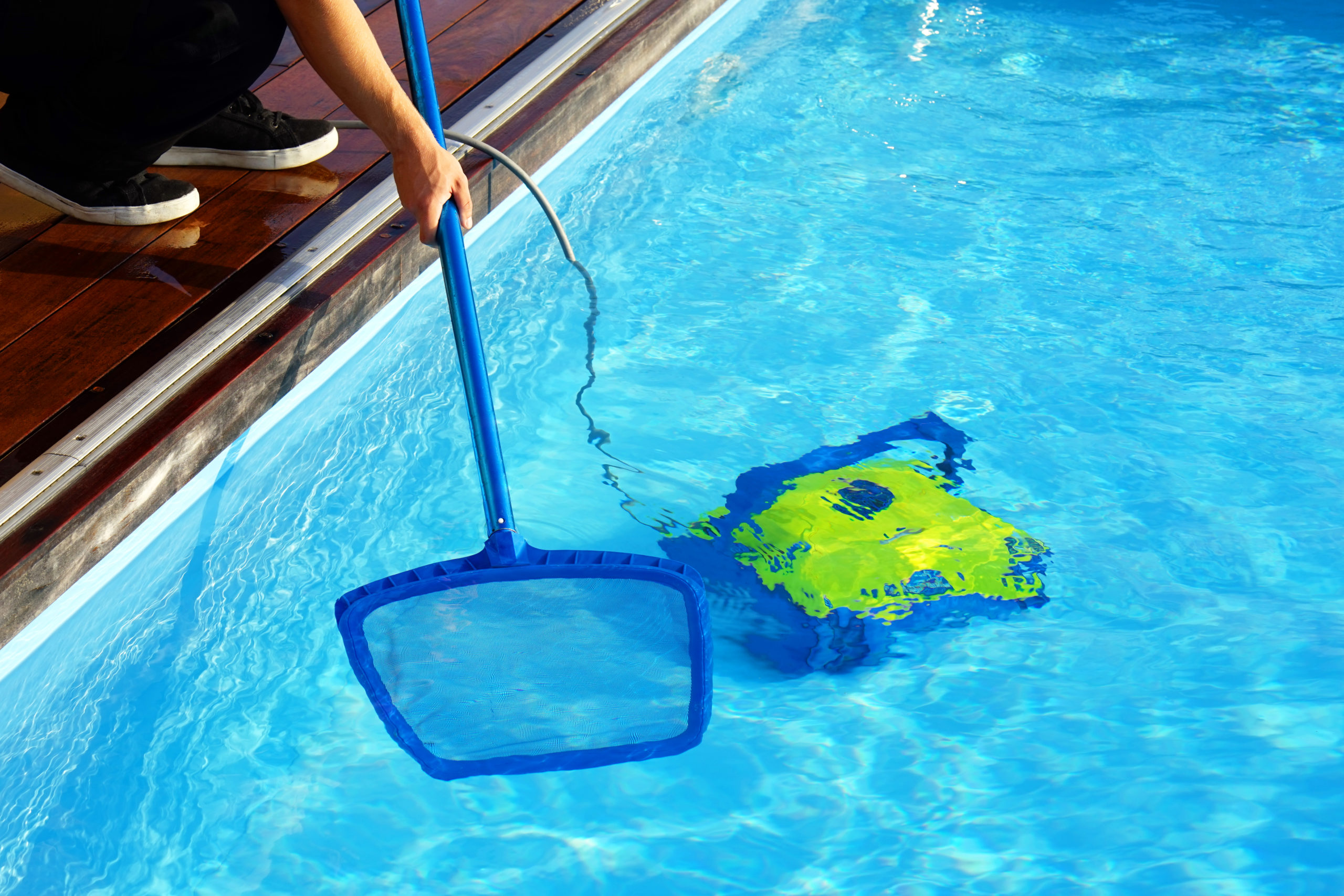You’re no stranger to pool chemicals, but you’ve likely wondered about their impact on your health and the environment. Don’t stress; there’s a better way.
This article will guide you through reducing chemical usage without compromising pool cleanliness. You’ll explore effective alternatives, understand regular maintenance’s role in chemical reduction, and get inspired by successful case studies.
Let’s dive into a healthier approach to pool maintenance.
Understanding the Risks of Overusing Pool Chemicals
It’s crucial to understand that overusing pool chemicals isn’t just bad for the environment, but it can also pose serious health risks. When you don’t properly balance these substances, Chemical Exposure Consequences can be severe and far-reaching.
Regularly coming into contact with overly chlorinated water can lead to skin and eye irritation, respiratory issues and even long-term ailments like asthma. Moreover, if swallowed, excessively treated pool water can cause digestive problems. It’s important to conduct a thorough Health Impact Analysis before deciding on the amount of chemicals you’ll use in your pool.
Excessive chemical usage doesn’t only affect those swimming in the pool. The surrounding environment is also at risk. Over-chlorinated water that gets splashed out or drained off could harm plants and alter soil composition around your pool area.

Alternatives to Traditional Pool Chemicals
You’re probably wondering about safe and effective alternatives to traditional swimming water treatments, aren’t you? Well, it’s time to consider saltwater conversion.
This is a process that transforms your regular chlorine-based pool into a saltwater pool. It’s not only gentler on the skin and eyes but also offers an eco-friendly solution for maintaining crystal clear water.
Here’s how it works: Through electrolysis, the salt in the water breaks down into sodium and chlorine ions. The generated chlorine is sufficient to disinfect your pool without needing additional products. It’s noteworthy that saltwater pools still contain chlorine, yet at much lower levels compared to conventional methods.
That said, another potent alternative worth considering are eco-friendly disinfectants. Numerous natural products like mineral packs or UV light systems can kill bacteria just as effectively as chemicals do. These options present an opportunity for you to maintain a clean and safe pool while lessening environmental impact.
The Role of Regular Pool Maintenance in Chemical Reduction
Regular upkeep plays a crucial part in minimizing the need for harsh additives in your swimming area. Maintenance frequency is key to this strategy. It’s not just about removing debris or adjusting water levels; it involves ensuring your pool equipment operates at peak efficiency, reducing the reliance on chemical solutions.
Consider aspects such as filter cleanliness and pump performance. Efficient equipment reduces contamination and promotes circulation, which naturally inhibits algae growth. You’ll want to maintain skimmers, pumps, heaters, and other components regularly. Don’t wait until they’re visibly dirty or malfunctioning to service them.
Moreover, consistent pH monitoring can help you spot irregularities early on and rectify them with minimal chemical intervention. Strive for a balance between acidity and alkalinity for optimal disinfection without over-chlorination.
Remember that focusing on maintenance frequency and equipment efficiency doesn’t mean completely eliminating chemicals from your pool care routine; rather, it’s about optimizing their use. By adhering to this approach, you could maintain your swimming area more sustainably while improving its overall healthiness.
In conclusion: Regular maintenance equals less reliance on harsh chemicals – a winning formula for both you and the environment.
Tips for Effective Natural Pool Cleaning
Switching to natural cleaning methods can make a significant difference in your swimming area’s overall health and sustainability. It’s important to familiarize yourself with eco-friendly options, like eco-friendly filters, which can reduce the need for harsh chemicals without compromising the cleanliness of your pool.
Eco-friendly filters utilize natural processes to cleanse water effectively. For instance, some employ diatomaceous earth (DE) or sand as their filtering medium, both natural materials that remove impurities from your pool water without introducing harmful substances. You’ll find you’re not only minimizing chemical usage but also enjoying a more naturally clear and vibrant swimming space.
Algae prevention is another critical aspect of natural pool maintenance. Algae thrive in warm, stagnant water, so ensuring proper circulation is key. Moreover, regular brushing of pool surfaces will disrupt algae growth before it becomes problematic and reduces the need for algaecides.
Baking soda can also be used as an inexpensive pH balancer instead of chemical-based products. Regular testing will ensure levels remain optimal.
Adopting these practices won’t just enhance the healthiness of your pool; they’ll contribute significantly towards creating an environmentally responsible home environment too.

Case Studies: Success Stories in Reduced Chemical Pool Maintenance
Let’s dive into some successful stories where natural methods have transformed traditional swimming areas into eco-friendly havens. You’ll be amazed at how these case studies demonstrate the effectiveness of implementing organic sanitizers and eco-friendly filters.
1. The Borden Natural Swimming Pool: This Canadian marvel is the first chemical-free public outdoor pool in North America. It utilizes a biological filtration process, using plants and sand to purify the water naturally.
2. Highgrove House Pool: The UK’s Prince Charles commissioned this natural swimming pool that uses reeds and water lilies for purification instead of harsh chemicals.
3. Webb’s Depth of Knowledge (DOK) Pools: DOK pools in Australia use a patented filtering system that harnesses organic sanitizers – an innovative yet simple approach to cleaning swimming pools without chemicals.
4. Pond House: This private residence in Connecticut, USA, features a beautiful natural swimming pond which uses an eco-friendly filtration system.
You’ve seen how it’s possible to maintain clean, safe swimming areas without resorting to harmful chemicals. Now it’s your turn to take these lessons on board as you strive towards mastery in eco-conscious pool maintenance.
Frequently Asked Questions
What Are the Cost Comparisons Between Traditional and Alternative Pool Maintenance Products?”
While traditional pool products may seem cheaper upfront, alternative ones often boast superior product efficiency and fewer health implications. Over time, you’ll likely find that the cost differences aren’t as significant as you’d think.
How Does the Reduction of Chemicals Impact the Lifespan of the Pool Structure?”
Reducing chemicals in your pool can extend its lifespan. Chemical-free benefits include less wear on the lining and filtration system. Eco-friendly alternatives won’t degrade your pool’s structure over time like harsh chemicals can.
What Are Some Common Challenges Faced When Transitioning From Traditional to Chemical-Free Pool Maintenance?”
Transitioning to chemical-free pool maintenance can be challenging. You’ll likely face initial costs, finding reliable alternatives, and mastering new routines. But the benefits of a healthier, eco-friendly pool make these difficulties worthwhile.
Are There Any Specific Training or Certifications Needed to Handle Natural Pool Cleaning Products?”
No specific certifications are needed to handle natural pool cleaning products. However, you’ll benefit from training in product safety and understanding eco-friendly alternatives to maintain an efficient and healthy swimming environment.
Does Reducing Chemical Use in Pool Maintenance Require More Time and Effort in Comparison to Traditional Methods?”
Yes, reducing chemical use can require more effort initially. You’re learning new methods like green cleaning and using chemical alternatives. However, once you’ve mastered these skills, maintaining your pool naturally becomes easier.
